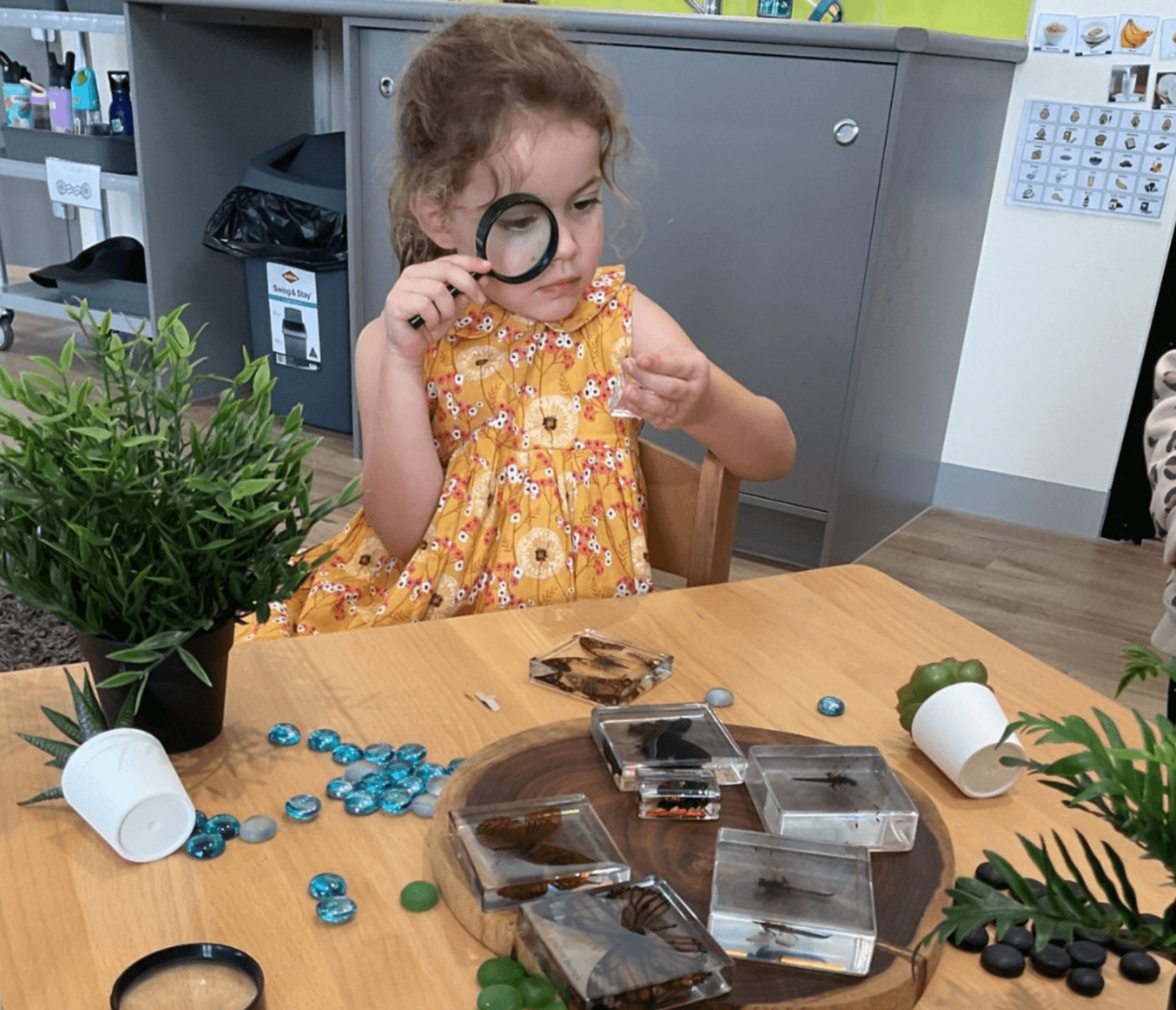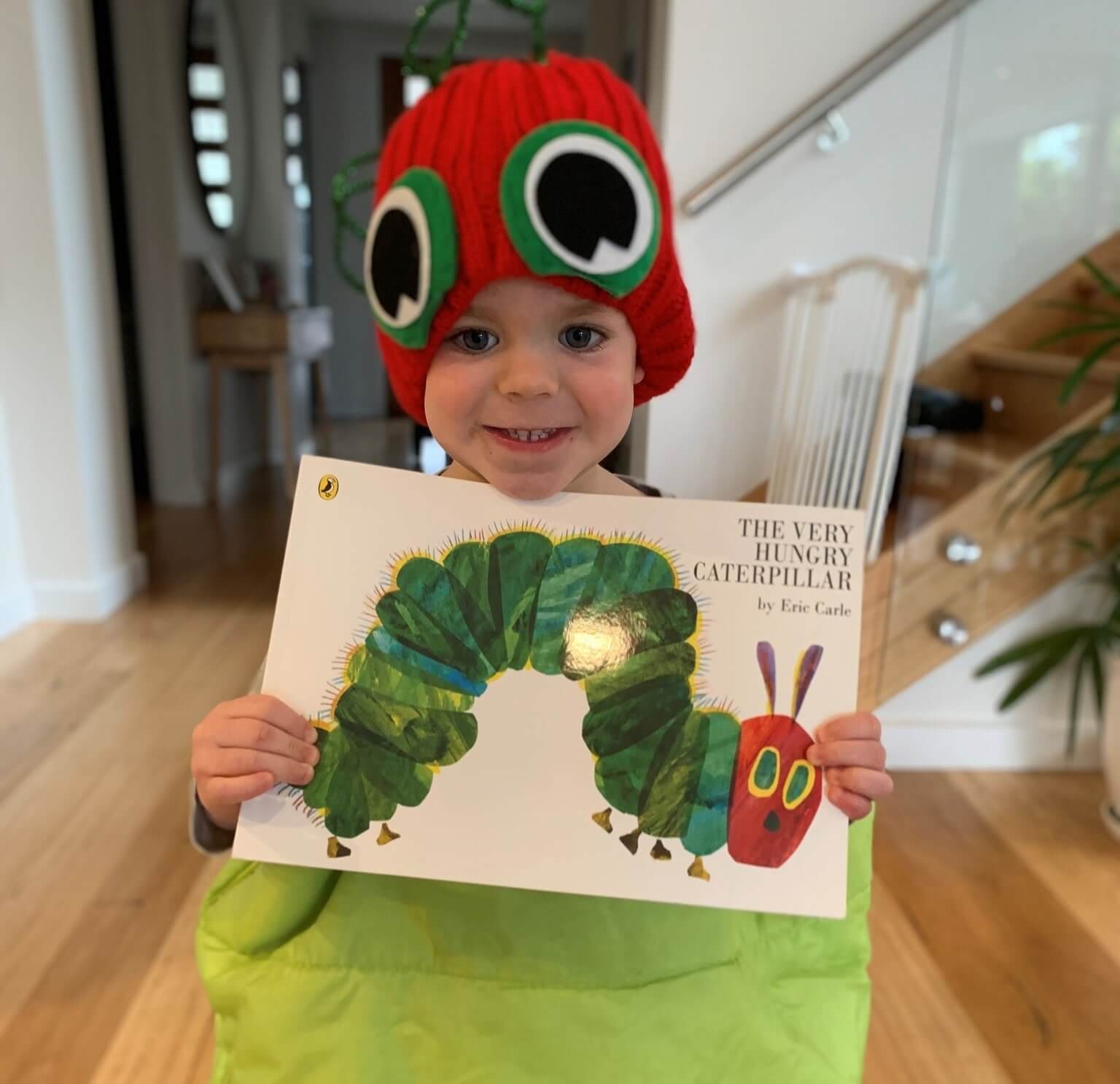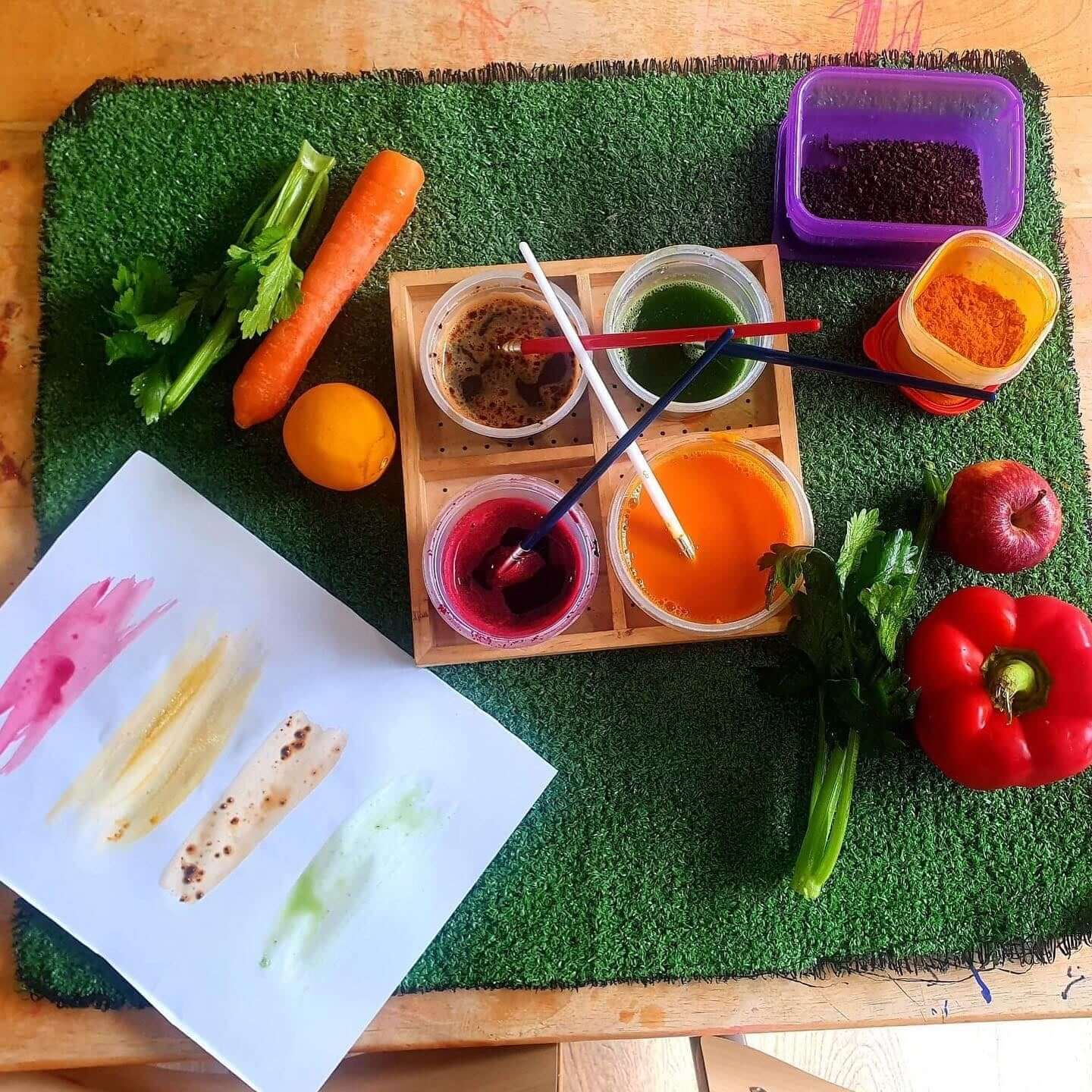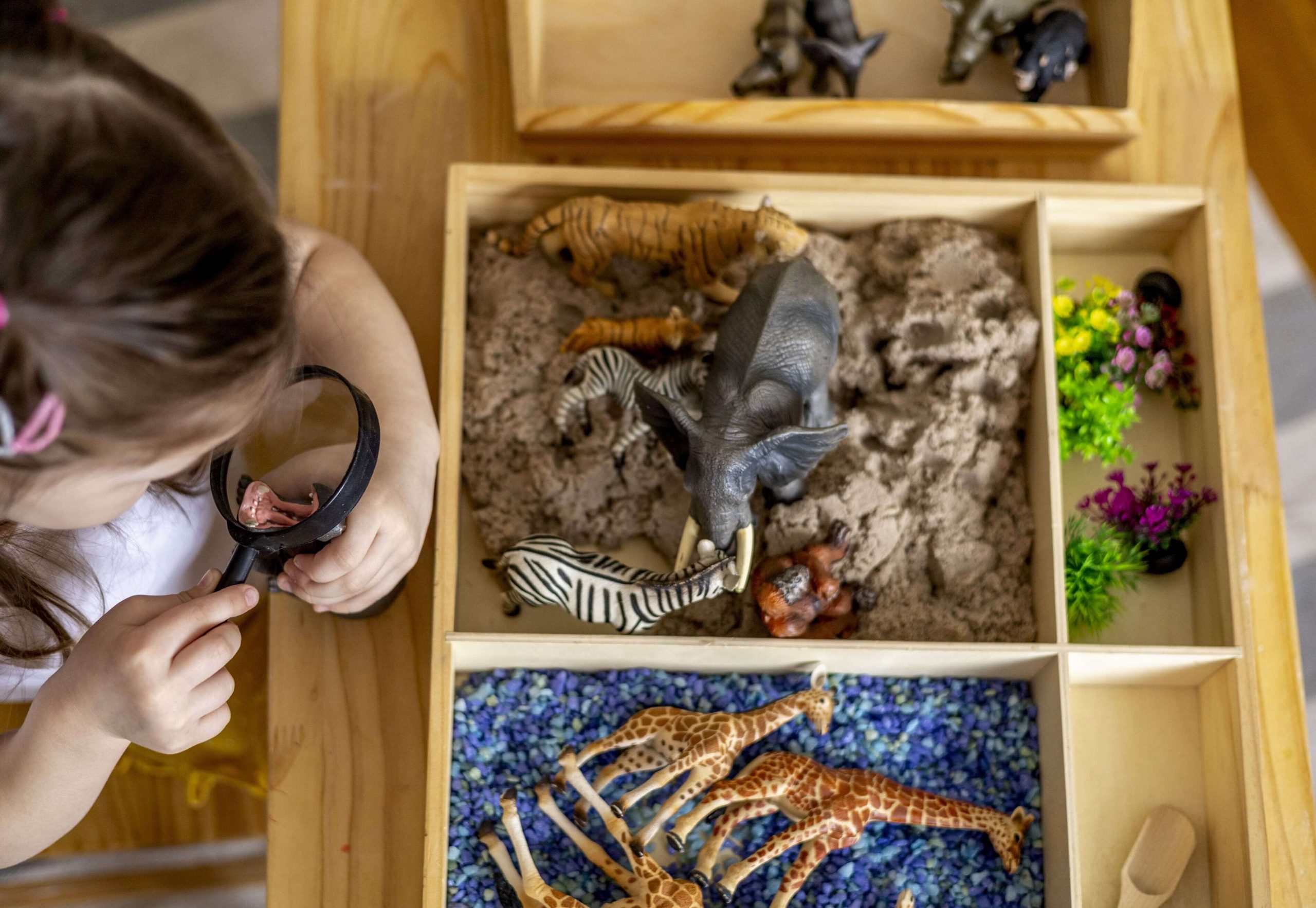Teething can be one of the most challenging stages for both babies and their parents. As teeth begin to push through the gums, many nursery-aged children experience discomfort, disrupted sleep, and changes in feeding. At Community Kids Haven, we understand how tough this time can be—and we’re here to help.
Here’s what you need to know about teething and some safe, soothing remedies to support your little one through it.
What Are the Signs of Teething?
Most babies start teething between 4 to 7 months, though some start earlier or later. Common signs include:
- Swollen or tender gums
- Increased drooling
- Irritability or fussiness
- Chewing on fingers or toys
- Changes in feeding or sleeping habits
- Mild temperature (not a high fever)
If you’re unsure whether it’s teething or something else, always check in with your child’s GP or maternal health nurse.
Gentle and Effective Teething Remedies
1. Chilled Teething Toys
Soft, silicone teething rings that have been refrigerated can offer cooling relief to sore gums. Avoid freezing toys, as they can become too hard and may damage your baby’s gums.
2. Cold Washcloth
A clean, damp washcloth placed in the fridge or freezer for a few minutes makes a simple and effective teether. Your baby can safely chew and suck on the cloth for comfort.
3. Teething Rusks or Chilled Fruit
For babies already on solids, unsweetened teething rusks or mesh feeders filled with cold fruit (like banana or apple) can help relieve gum pressure. Always supervise your child closely while eating.
4. Massage Their Gums
Wash your hands thoroughly and gently rub your baby’s gums with a clean finger. The pressure can ease some of the pain and provide a calming sensory experience.
5. Extra Cuddles and Comfort
Teething can leave your baby feeling unsettled and clingy. Offering more cuddles, rocking, or calm time together can go a long way in helping them feel safe and soothed.
What About Teething Gels or Medication?
While some parents choose over-the-counter teething gels, it’s important to follow medical advice and only use products recommended by your child’s doctor or pharmacist. Avoid any remedies with added sugars, alcohol, or unnecessary additives.
Paracetamol or ibuprofen may be used occasionally to manage discomfort or sleepless nights—always under appropriate dosage and with professional guidance.
Supporting Teething at Childcare
At Community Kids Haven, our educators are experienced in recognising the signs of teething and providing gentle support throughout the day. We keep open communication with families and offer personalised care to ensure your child feels as comfortable as possible.
If your baby is currently teething, feel free to share their routines, comfort items, or strategies that work at home—so we can support them consistently while they’re in our care.
When to See a Doctor
Mild teething symptoms are normal, but if your baby shows signs of:
- A high fever
- Diarrhoea or vomiting
- Refusal to feed
- Rash or prolonged irritability
… it’s best to consult a GP to rule out other issues.
Teething Is a Phase—You’re Not Alone
The teething stage doesn’t last forever, but it can feel overwhelming in the moment. By offering your baby consistent care, soothing remedies, and lots of love, you’re giving them exactly what they need.
If you have any questions or want to talk about how we support teething children in our nursery rooms, contact your nearest Community Kids Haven centre. We’re here to help every step of the way.












